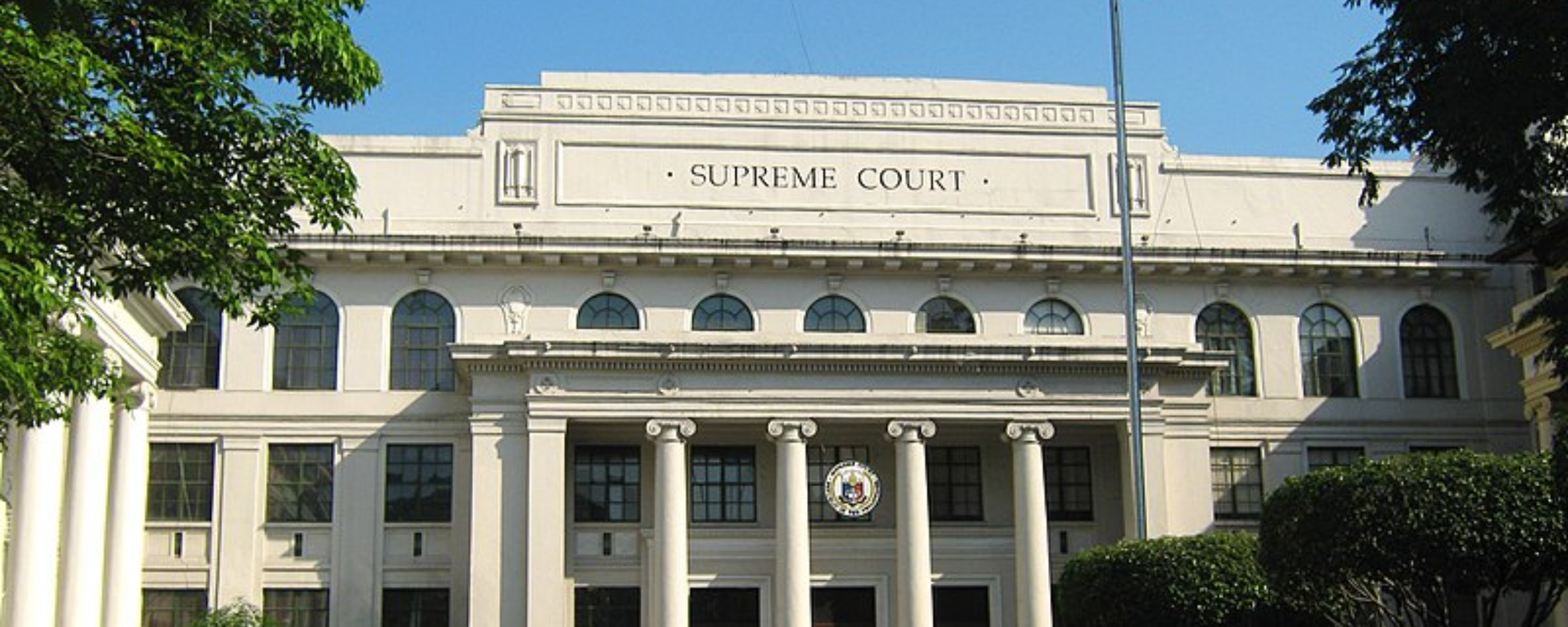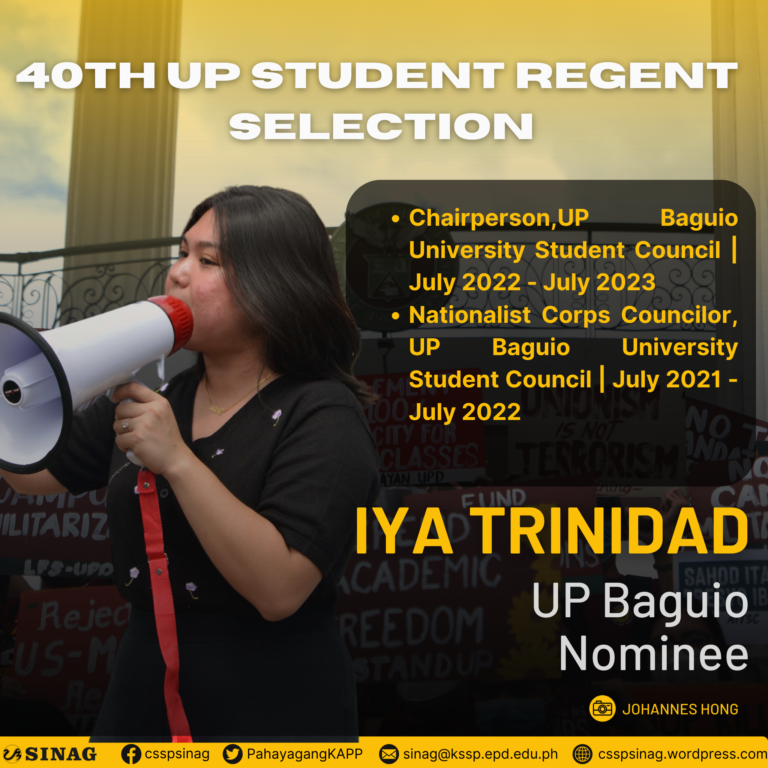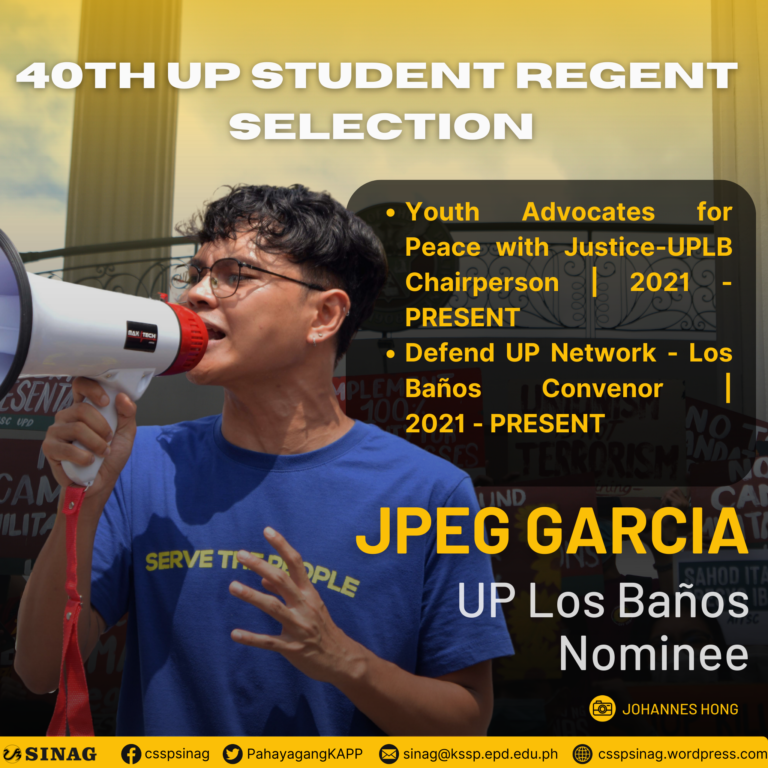
Supreme Court denied with finality, yesterday, April 26, the consolidated motions for reconsideration challenging the Anti-Terrorism Act of 2020, citing the “lack of substantial issues and arguments raised by the petitioners.”
The petitioners lose their appeal to strike down some of its dangerous provisions such as the overbreadth and broad definition of terrorism as defined in Section 4, ambiguous recruitment clause under Section 10, and questionable mode of designation by the arbitrary process of an Anti-Terror Council and arresting and detaining without a warrant under Section 25.
Last December 7, 2021, the Supreme Court formally declared only Sections 4 & 25 unconstitutional. Other sections deemed violative of human rights by critics are held constitutional by the SC.
The court’s final ruling, which now upholds the constitutionality of the Anti-Terror Law except for those previously declared unconstitutional provisions, is not good news for the petitioners and their counsel.
“We are quite downhearted that the High Tribunal reportedly did not budge at all. We still hope that in good time the subject law will be struck down or amended,” National Union of Peoples’ Lawyers (NUPL) President Edra Ollalia expressed in an online statement.
Denying the motions for reconsideration also means that some of its most dangerous provisions are being upheld. These include the vague definition of “terrorism,” arbitrary powers of the Anti-Terror Council to tag individuals or groups as “terrorists,” and the 24-day of warrantless detention.
Many of these petitioners have pointed out how the overly broad and vague articles could eventually lead to discriminatory enforcement and suppression of any form of dissent.
This is made more apparent by the many cases of red-tagging and state attacks against the government’s critics. According to a 2020 report made by the human rights organization Karapatan, at least 78 people have been killed as a result of either red-tagging or anti-terrorism operations. There were also 135 arrests made, according to records compiled by the group.
Despite today’s ruling, they vowed to continue “to guard and defend against its abuse and misuse against the very people it is supposed to protect.”
Karapatan group also asserts the junking of the Anti-Terrorism Act and calls on candidates in the upcoming elections to take a stand for people’s rights and our civil liberties by amplifying the calls to junk the so-called Terror Law.
One of the original petitioners against the Anti-Terrorism Act is Chad Booc who was killed by state forces in Davao de Oro last February and was falsely tagged as a terrorist by state-sponsored agencies.
Featured image courtesy of Mike Gonzales







